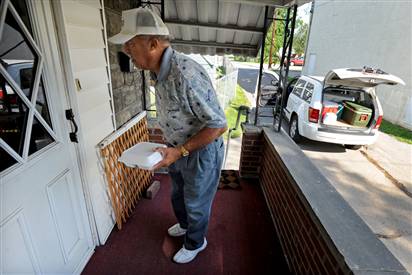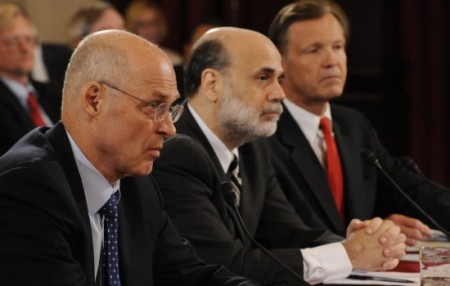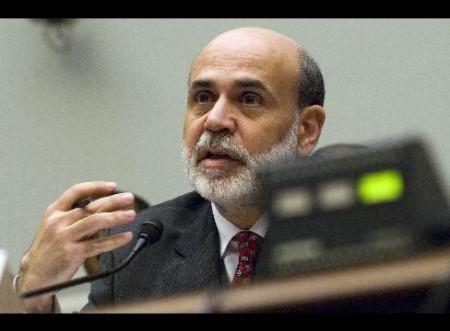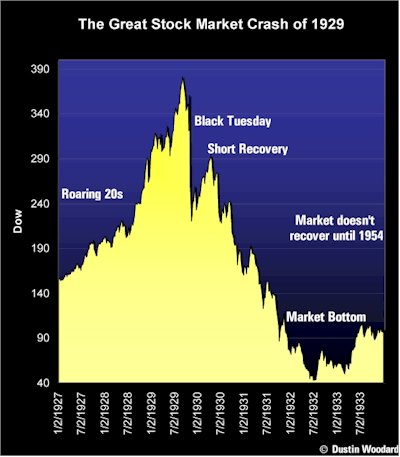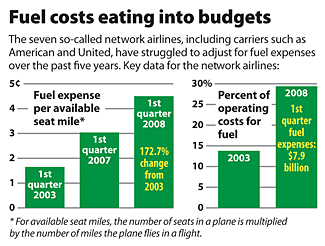WASHINGTON – Driven by a sour economy and skittish consumers, U.S. business bankruptcies saw their sharpest quarterly rise in two years, jumping 17 percent in the second quarter of 2008, according to an analysis by McClatchy.
Commercial filings for the first half of 2008 are up 45 percent from last year, as the national climate for commerce continues to deteriorate amid rising energy and food costs, mounting job losses, tighter credit and a reticence among consumers to part with discretionary income.
From April through June, 15,471 U.S. businesses called it quits, according to data from Automated Access to Court Electronic Records, an Oklahoma City bankruptcy management and data company.
States that saw the biggest increase in filings were Delaware, Montana, Oregon, Maryland and Connecticut, suggesting that the economic gloom is spreading beyond large population centers.
It was the 10th straight quarter that business bankruptcy filings have increased. Nearly 29,000 companies filed in the first half of 2008.
Another 60,000 to 90,000 others probably have closed, because roughly two to three businesses fold for every one that files for bankruptcy, said Jack Williams, resident scholar at the American Bankruptcy Institute.
The vast majority of these failed companies are among the nation’s 23 million small businesses, with fewer than 100 employees. Their fortunes have tumbled as the national economic downturn has deepened.
“The climate is turning desperate for small businesses,” said George Cloutier, founder of American Management Services, a consulting firm that helps small companies increase profits. “They are in crisis, and, as these numbers show, it’s getting worse and worse.”
Read moreCommercial bankruptcies soar

